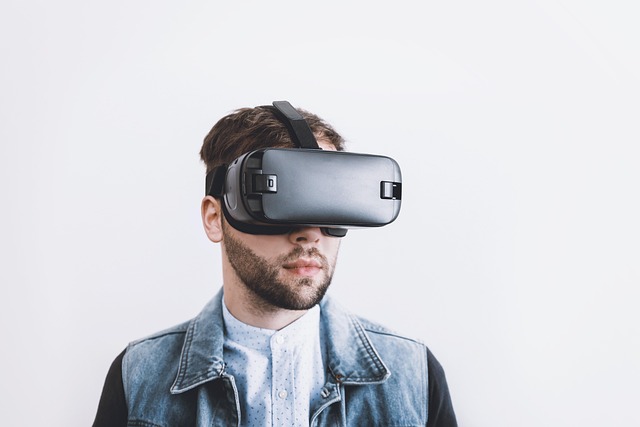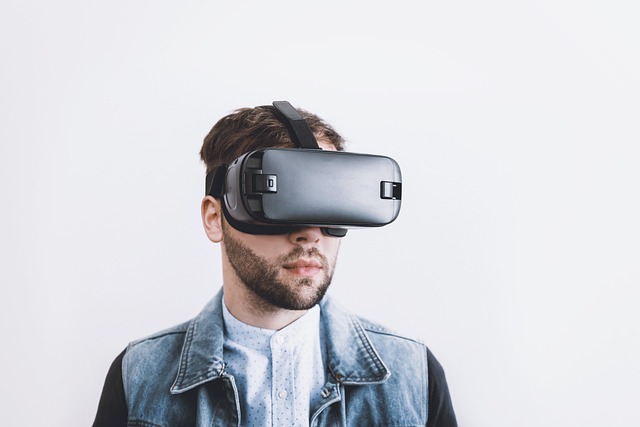The intersection of technology and creativity has birthed a new frontier: AI simulation. As we delve into the realms of Virtual Reality (VR), Augmented Reality (AR), and the expanding Metaverse, it’s clear that AI simulation is not just a trend but a significant evolution in how we experience digital environments.
In Virtual Reality, users are transported into entirely simulated worlds where they can interact with their surroundings in immersive ways. AI simulation enriches these environments by creating intelligent NPCs (non-player characters) that can respond and adapt to user interactions. Imagine stepping into a VR game where the characters learn from past encounters, altering their strategies in real-time based on player behavior. This level of interactivity not only enhances gameplay but also broadens the horizons for educational applications, such as realistic training scenarios in fields like medicine, aviation, and more.
Augmented Reality takes this a step further by overlaying digital information onto the real world. AI simulation powers AR devices, making them smarter and more intuitive. Through facial recognition and environmental understanding, AR can become a seamless augmentation of our reality, providing personalized experiences in shopping, tourism, and even daily navigation. Picture using your smartphone or AR glasses to receive real-time information about an artwork in a museum or a historical site, all tailored to your interests and previous interactions.
The Metaverse is perhaps the most ambitious application of AI simulation. A fully realized Metaverse promises a persistent digital economy where users can socialize, work, and play. AI simulations within this space can create dynamic ecosystems, where virtual real estate and digital goods are traded just as in the real world. Envision attending a virtual concert where the performers interact with you based on your emotional reactions, or participating in global business meetings in customizable spaces that reflect your preferences and professional identity.
Furthermore, AI simulation can facilitate the creation of personalized avatars, enhancing user presence in these digital realms. As the technology evolves, so too will the depth of interaction and connection users feel with these simulated characters and environments. Companies are beginning to harness the power of AI simulations to build entire worlds that can evolve based on user engagement, creating a truly individual experience for every participant.
As we embrace the future of AI simulation in Virtual Reality, Augmented Reality, and the Metaverse, it’s crucial to consider the ethical implications that come with such powerful technologies. Issues related to privacy, security, and the psychological impact of such immersive experiences must be addressed to ensure that these advancements enhance human experiences rather than detract from them. Overall, the continuous development of AI simulation holds the promise of creating richer, more meaningful interactions within our ever-evolving digital landscape.




